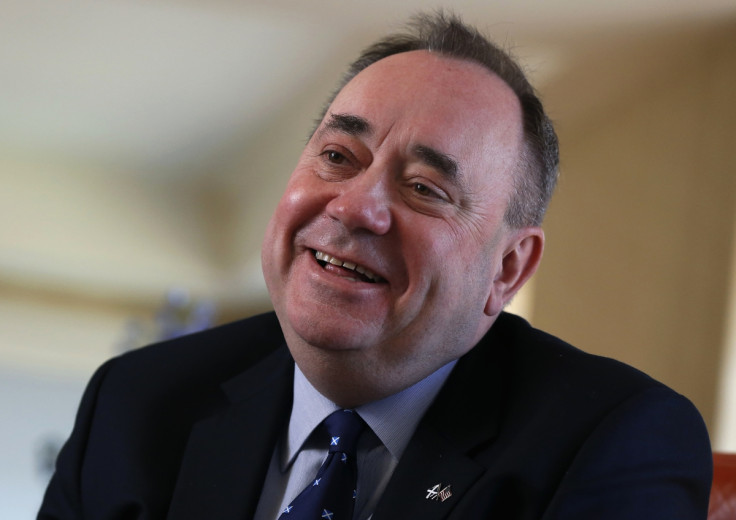Scottish Independence: Victory for Yes Could Happen, says Scottish Secretary Alistair Carmichael

Scottish Secretary Alistair Carmichael has admitted that a victory for the pro-independence campaign is "not impossible" when Scotland votes on its future later this year.
Carmichael told The Observer that unionists must not be complacent about the possibility of a victory for the "Yes" vote, saying: "The danger is that by the time they realise it could happen, it could be too late.
"Everybody needs to know that this is a serious contest, and one which it is not impossible that the nationalists could win."
Although the pro-independence campaign has spent a huge amount of money, and will continue to do so in the run-up to September's recollection, Carmichael believes the financial disparity between the "Yes" and "No" campaigns will not be a decisive factor, as long as the unionist campaign remains passionate and committed.
"We're never going to match them [the pro-independence campaign] for the spend, but in terms of the hunger I think we have to match them for just how badly we want this" the Lib Dem MP said.
Carmichael's interview was published as George Osborne and Danny Alexander fought to extinguish rumours that Britain would agree a currency union with an independent Scotland after all.
One minister had privately admitted that, in the event of Scotland becoming independent, a currency union would be necessary to guarantee Britain's financial stability. These remarks fly in the face of Osborne's staunch and oft-repeated insistence that an independent Scotland would not be allowed to keep the pound.
In light of the latest rumours, Osborne and Alexander issued a joint statement saying: "There will not be a currency union in the event of independence. The only way to keep the UK pound is to stay in the UK.
"Walking out of the UK means walking out of the UK pound. A currency union will not work because it would not be in Scotland's interests and would not be in the UK's interests."
© Copyright IBTimes 2025. All rights reserved.






















